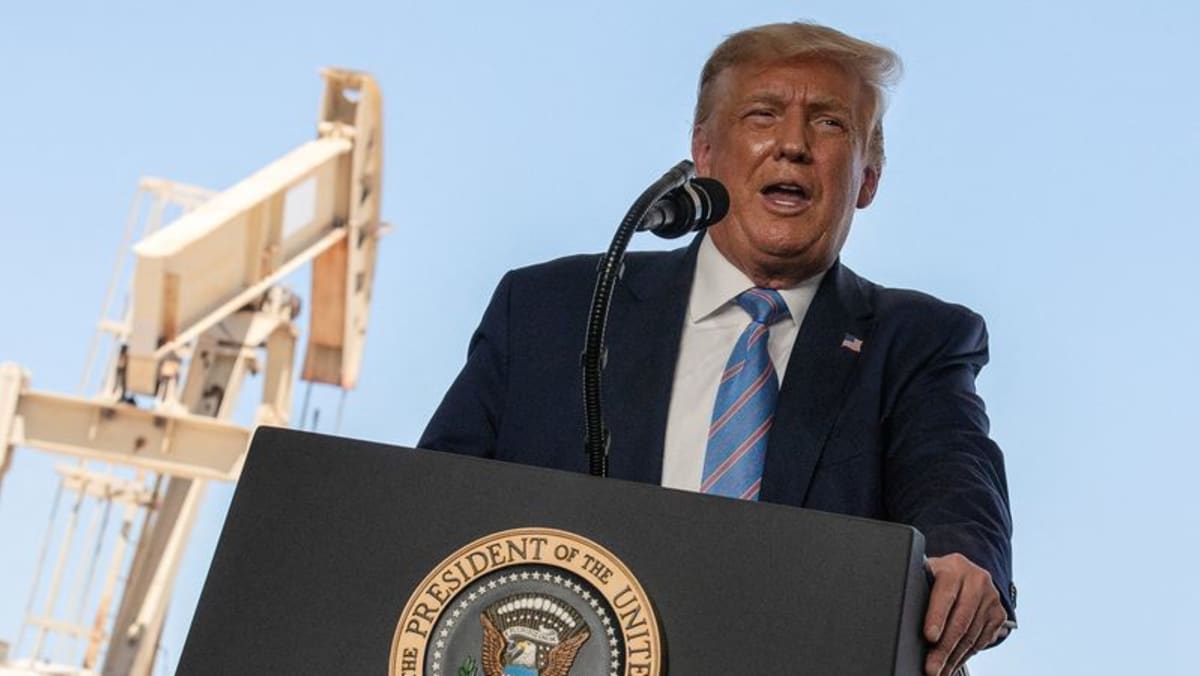Trump will likely try to roll back climate policies related to fossil fuels and emissions, which are the leading source of climate change, as he did with dozens of policies in his first administration.
That includes eliminating a new federal charge for methane emissions from certain facilities – the first attempt by the US government to impose a fee or tax on greenhouse gas emissions. Methane is the primary component of natural gas and a potent greenhouse gas.
Trump has also promised to support approvals of new liquefied natural gas export terminals, which the Biden administration tried to pause and is still working to slow down.
THE MARKETS HAVE A SAY IN CLEAN ENERGY’S FUTURE
One clean energy source that Trump is likely to rally behind is nuclear energy.
And despite his criticism of wind and solar power, investments in renewable energy will likely continue rising because of market dynamics, especially with onshore wind and utility-scale solar projects becoming more cost effective than coal or gas.
Nevertheless, a US withdrawal from the Paris Agreement and the regulatory and policy uncertainty under Trump would likely slow the pace of investments. The expected inflationary impact of his economic policies is likely to negate the benefits of lower cost of capital that were expected to flow through with central banks lowering interest rates this year.
It’s an outcome that the warming planet can ill afford.
Dr Gautam Jain is a Senior Research Scholar at the Center on Global Energy Policy (CGEP) of Columbia University’s School of International and Public Affairs (SIPA). This commentary first appeared on The Conversation.
